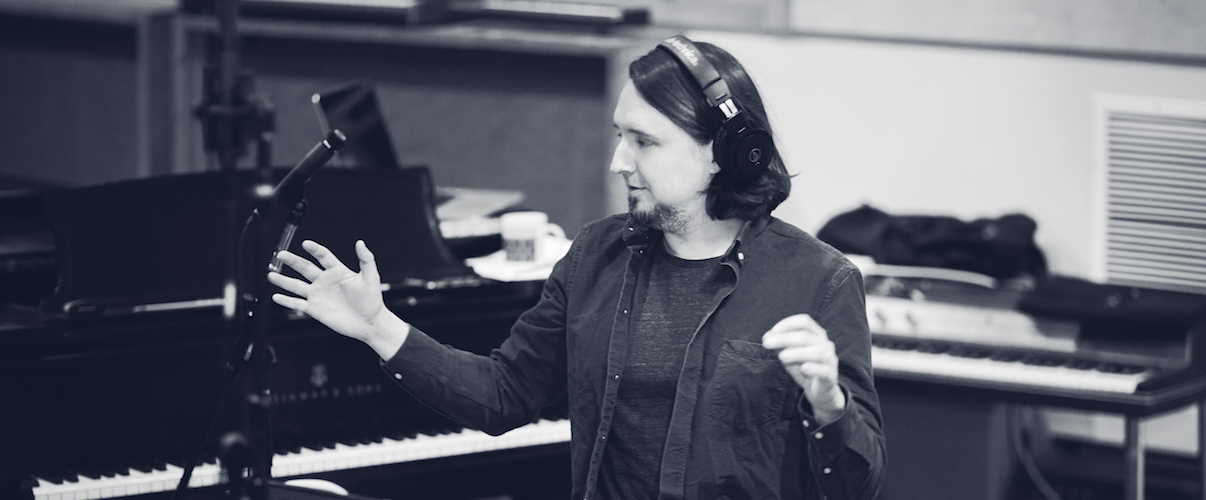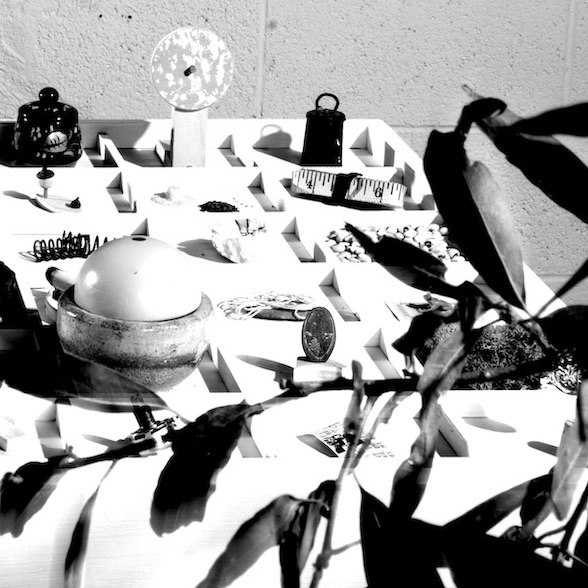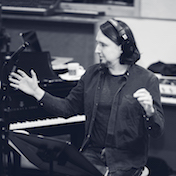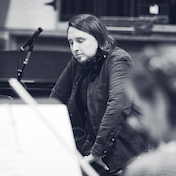Trey Pollard
My truth is found only in the act of creation. And it is in that act that self-criticism arises and I feel alive. There is nothing profound about that.
– Toru Takemitsu, 1971
A weight of possibility falls heavy on the mind, in labor-intensive, solitary work. Rows of blank staves, stems of notes springing up in rows that must be tended to. When the strain is too great or the talent unremarkable, madness and mediocrity prevail. But some can bring the heavens low, transmute the silence of night, or lend order to the chaos of morning. In breathless moments of wonder, in shock and comfort, disorientation and relief, on the loom of awareness, making a poetry without words.
Trey Pollard might be skeptical of anything like bringing the heavens low. He is only interested in bringing out the music of his mind–a direct and down-to-earth prodigy, sincerely unconcerned with almost anything apart from his craft, how the notes on a page move through air and interact with time and spirit. He is a character of immense pragmatism, an auteur and connoisseur of details, they are the axis around which he and his music spin. He seats the string ensemble in a little-used late Romantic antiphonal style, circle around the center, not for caprice or to fetishize the past, but because the music demands it.
To understand the composing and arranging world, lineage of learning is key–some subtleties of technique can only be passed from teacher to student in ways unreproducible through solitary study alone. Pollard learned the art from Doug Richards, the renowned Duke Ellington scholar who founded a university Jazz Studies program in Richmond back in 1980. Richards is a brilliant composer, arranger and educator, a featured artist at the Kennedy Center and the Smithsonian, and for what it’s worth, was once invited to study with Nadia Boulanger, legendary guru of the 20th century classical scene. Richards espouses the view that jazz can be as artistically significant as classical music, placing Ellington Queen’s Suite on the same pedestal as the works of Bach or Ligeti. Pollard has a perceptive ability to parse this history, to see his place in it, and draw structures and forms from various periods to inform his writing.
He is entering a new phase, completing a record of contemporary chamber pieces under his own name featuring a set of preludes and fugues for string quintet and pieces for chamber string orchestra and piano. He wrote within a systematic framework, a series of parallel harmonic planes, constellations of notes unburdened by the tension of standard chordal and melodic structures. Pollard’s creative powers are at a certain fullness now, a ripeness matched to his age and his experience in various roles: producing in the recording studio, performing with ferocious skill on guitar, piano or pedal steel, conducting small ensembles or orchestras–often with the same group of musicians he has known for over a decade. As co-owner of Spacebomb Records, his work has been a cornerstone of productions by a growing list of rock and pop artists in the know, Natalie Prass, The Waterboys, Foxygen, Helado Negro, Matthew E. White and Bedouine, and expanded to projects outside that context, recently contributing to the score of S-Town, a groundbreaking longform podcast. The music of his mind is of such quality—agile and prescient, conceptual yet emotional, with an absorbing sense of beauty. Though he might not try to bring down the heavens, they swing low just the same. Pollard moves through the field of creation with surety, finding his own line on the thrill of sound.
Shows
Trey Pollard tour datesListen
News
Contact
WEBSITEtreypollard.com
SPACEBOMB
Jesse Medaries
PUBLISHING
Ben Baldwin
PUBLICITY
Zack Kraimer















